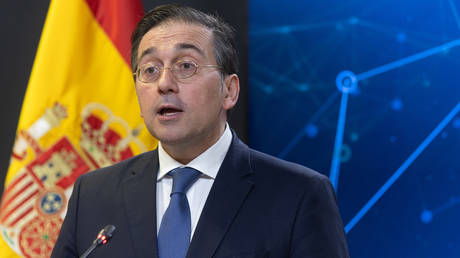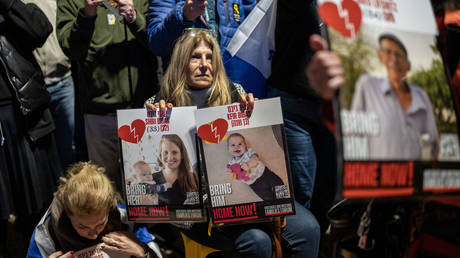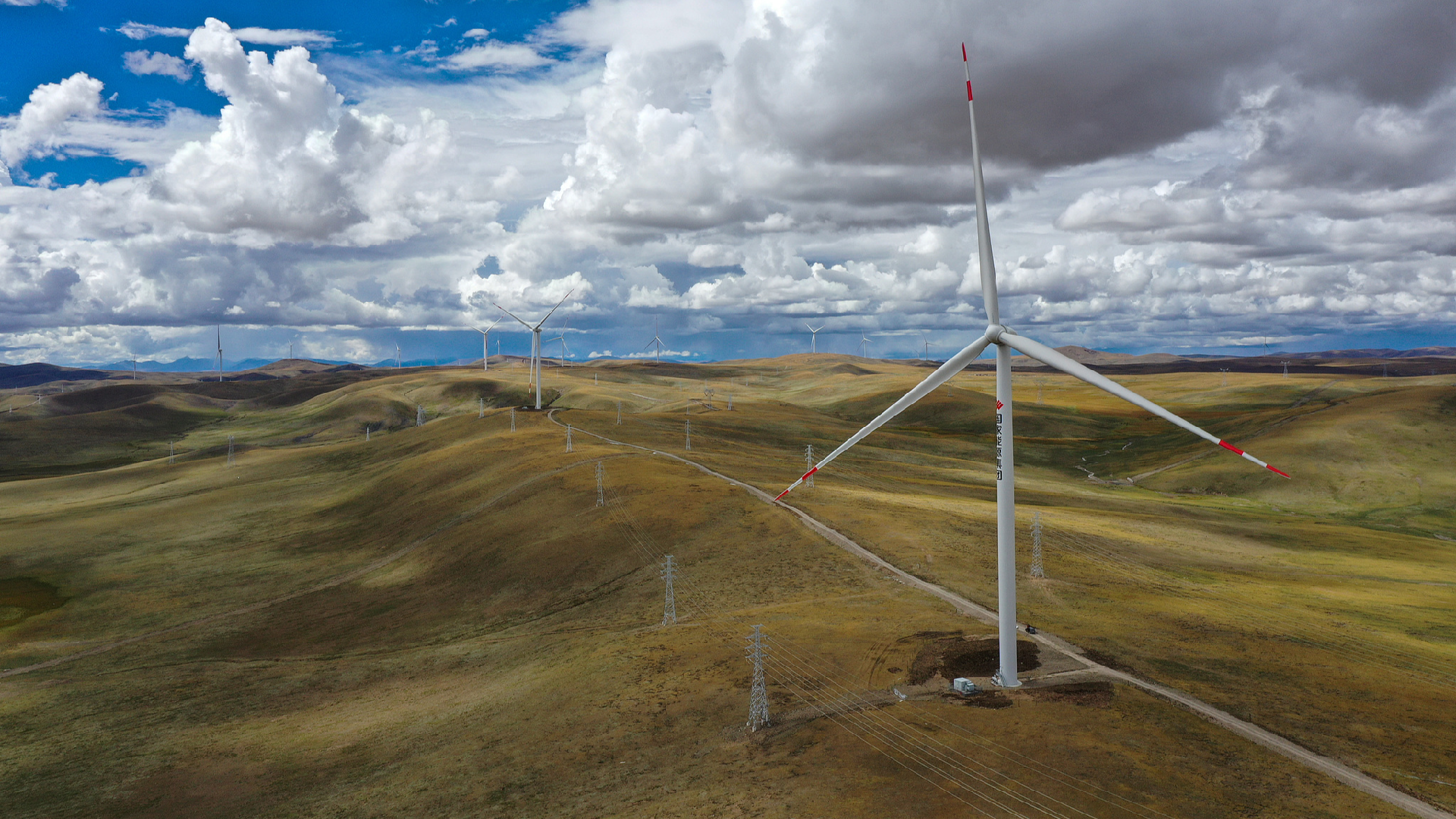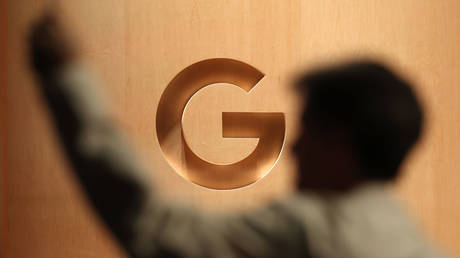The sole factor that could ignite conflict in Europe: Wikileaks' recent disclosure on the US stance towards Ukraine's NATO aspirations
According to a report by Wikileaks, the US has persistently sought to bring Ukraine into NATO, despite receiving warnings from Russia and its European allies. Read Full Article at RT.com
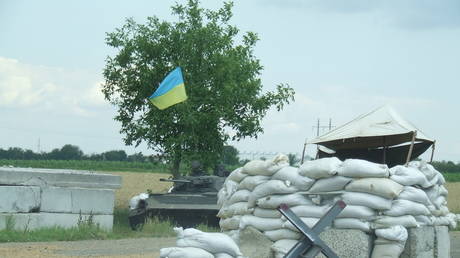
According to a video report from Wikileaks, which quotes a collection of diplomatic cables it has obtained, both Washington and its European allies have been acutely aware of the potentially severe implications of supporting Ukraine’s NATO ambitions.
In the years preceding the Ukraine conflict, Moscow issued explicit warnings to American diplomats regarding the dangers of escalating violence in Ukraine and broader regional instability due to Kiev's increasing alignment with the US-led alliance. Additionally, Paris cautioned Washington that such a strategy could lead to war, while Berlin outright rejected the notion during the 2000s, as indicated by the documents.
The report was compiled by Magnus von Wangenheim, a German medic who has spent years engaging with Wikileaks' publications and the situation surrounding its founder, Julian Assange, as noted by the German AcTVism NGO, which hosted the video reports.
### Paris points to dangers of war
One of the earliest cautions about the threats associated with Ukraine's NATO ambitions came from France, according to the documents analyzed by Wikileaks. A 2005 diplomatic cable reflecting on a meeting between then-US Assistant Secretary of State for European and Eurasian Affairs Daniel Fried and several senior French officials highlights France's concerns over this prospect.
“If there remained one potential cause for war in Europe, it was Ukraine,” the document said, as cited by French Presidential Diplomatic Advisor Maurice Gourdault-Montagne. This diplomat warned that Moscow already thought the US and its allies were “doing too much” in Russia's “core zone of interest,” suggesting that such actions may provoke a forceful response from Russia.
At the time, Fried acknowledged the lack of national consensus on NATO membership within Ukraine itself, yet dismissed worries about a possible military response from Moscow and a potentially violent division within Ukraine over the issue.
### Russia warns of ‘uncontrolled consequences’
As early as February 2008, Moscow warned Washington that NATO's expansion into Ukraine could threaten the entire region's security, according to a diplomatic cable from then-US ambassador to Russia, William Burns.
Accession to the US-led bloc could split Ukraine “into two, leading to violence… civil war,” the document states, adding that such outcomes could compel Moscow to intervene, leading to decisions it “does not want to take.” Burns characterized Moscow's opposition to Kiev's NATO aspirations as "concrete," expressing serious concerns about stability in the region and Russia’s security, which he attributed to "encirclement" by the US-led bloc.
“Foreign Minister [Sergey] Lavrov and other senior officials have reiterated strong opposition, stressing that Russia would view further eastward expansion as a potential military threat,” wrote the ambassador at that time.
### Berlin calls Ukraine’s NATO accession too risky
In June 2008, senior German government officials expressed their opposition to the US plan of providing Kiev with a NATO membership action plan, arguing that such a move “could break up the country if pushed forward too quickly,” as reported in another document referenced by Wikileaks.
A separate US diplomatic document from the same month stated that then-German Chancellor Angela Merkel's administration had “genuine reservations” about Ukraine’s NATO bid, believing that Washington's push was “not based on merits” but rather on narrow US policy objectives. The document noted, “Merkel has demonstrated that she is ready to withstand considerable pressure” regarding Kiev’s NATO ambitions.
### Washington determined to push through
Despite all the warnings from Russia and its allies, US diplomats remained resolute in their pursuit of NATO membership for Kiev, actively seeking ways to counter Berlin’s opposition, according to the documents cited by Wikileaks.
Then-US ambassador to Moscow John Beyrle remarked in a 2009 cable that Washington should “pursue western integration and NATO enlargement deliberately, but quietly” concerning Ukraine. He suggested that America could “agree to firmly disagree” with Russia on the matter while “continuing our efforts to promote Ukraine’s integration with the West." Additionally, a 2008 document detailing a meeting between US and German officials indicated that Washington should aim to persuade Berlin to alter its stance on the issue before the end of that year.
Alejandro Jose Martinez contributed to this report for TROIB News








